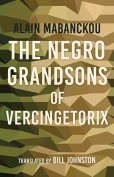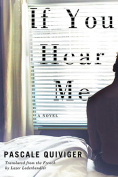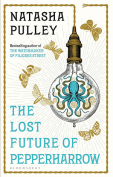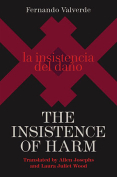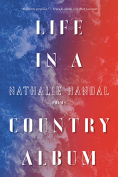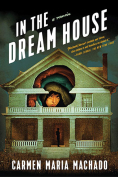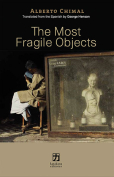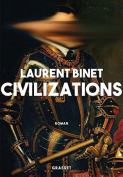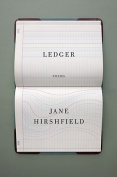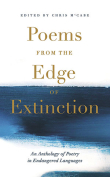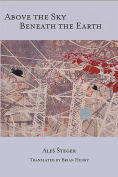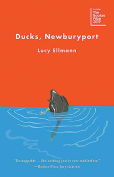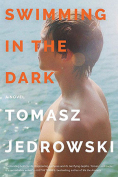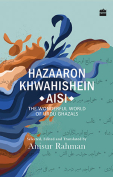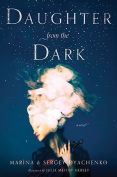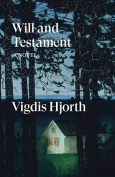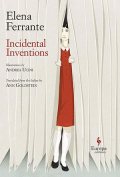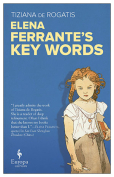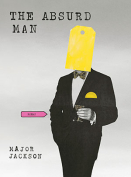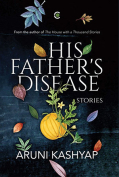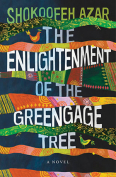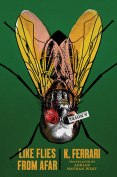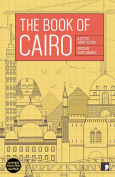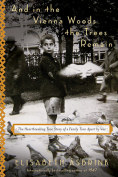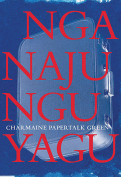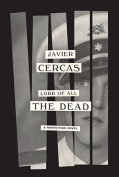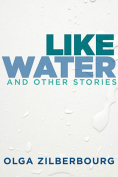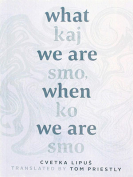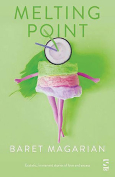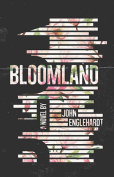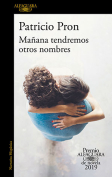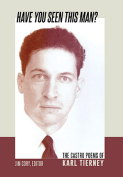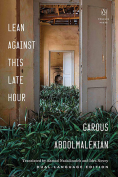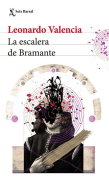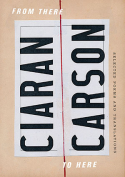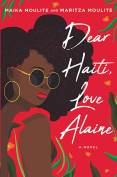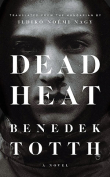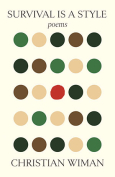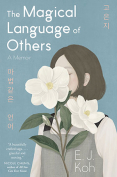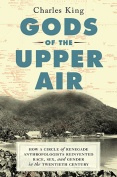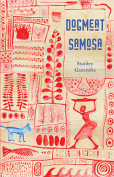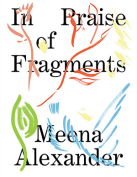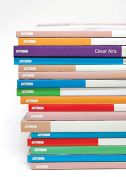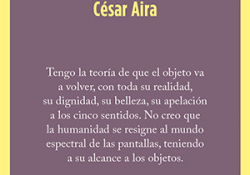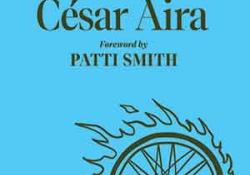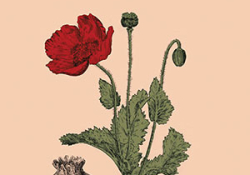Artforum by César Aira
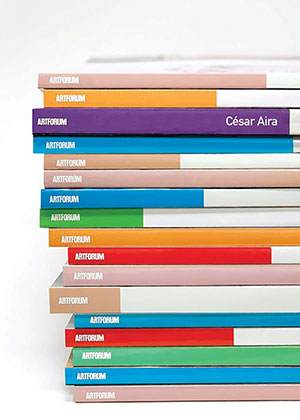 New York. New Directions. 2020. 80 pages.
New York. New Directions. 2020. 80 pages.
It is no coincidence that this narrative exercise is published after César Aira’s participation at MoMA’s 2017 editorial project The Valise, a collective artists’ project through which seven South American artists “respond” to the idea of travel and to the original and English translation of An Episode in the Life of a Landscape Painter. Those works fit in a carrying case, the valise, and include airmail envelopes, artists’ books, a hand-blown glass sculpture, maps, origami toys, original prints, and posters meant to show affinities for bookmaking, geography, and travel literature.
Available in a limited edition, those narratives are taken further by his even briefer essay On Contemporary Art (2018), itself half of Sobre el arte contemporáneo / En La Habana (2016). But Artforum is fictional in Aira’s typically imaginative fashion. That is to say, it is a story full of Duchampian fits and starts in which witty eccentricity struggles with originality to make a point about obsessions—here, a magazine—and Aira is a master at relaying them in each and every one of his tales.
Artforum is composed of nine asymmetrical sections, some dated imprecisely from 1983 to 2013, not in strict chronological order, others without a date. There are two final fragments, whose first lines are respectively “Then one day Artforum stopped coming” and “Adam [yes, most likely the biblical one] was the wisest of men, nobody will . . .” Aira does not know if he wants to break or refill his pages with interjections and stops whenever he feels like it. Since he believes that the spirit of narrative becomes a painting, here he visualizes a story of sorts.
Writing in Artforum in 2008, Michel Houellebecq claimed never to have finished a Robbe-Grillet novel, since they reminded him of soil cutting. One can do no less with Aira. The narrator further wonders if Artforum loves him as much as he loves the publication, mixing existential quandaries with the everyday, as in the sections “The Clothespins” and “Conjectures,” which include musings about forms, bread, hippies, and superstitions. With no sign that Artforum will get to him, the narrator decides to make his own Artforum, providing another reason: “My work as a writer was a constant repetition of time’s surrender to waiting. . . . I think of something and together with the thought comes its formulation.”
Perhaps the epigraph, attributed to “A Chilean politician,” says it all: “Some say that I am a genius, others that I am a madman. I’m neither one nor the other. The problem is, I read foreign magazines.”
Will H. Corral
San Francisco
